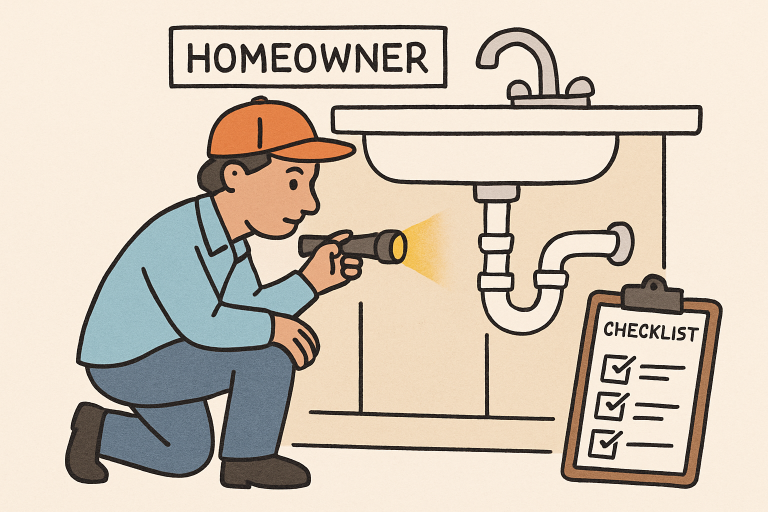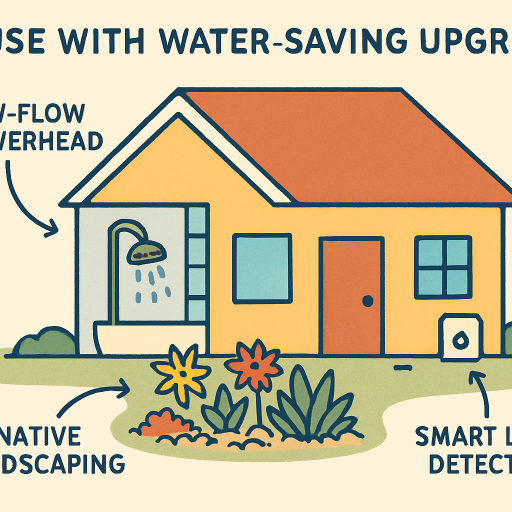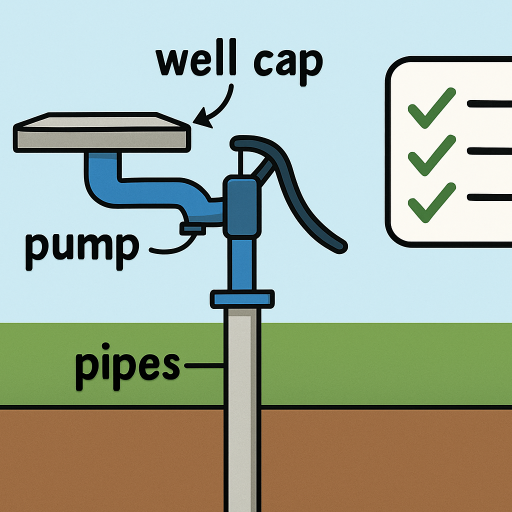Table of Contents
Recognizing Early Signs of Plumbing Issues
Plumbing issues can cause costly repairs and disruptions if ignored. Many problems show warning signs first, like higher water bills, unexplained running water, or water stains, indicating leaks or issues. Acting early can prevent damage and save money. Preventive steps help, but complex problems like stubborn drains or sewer lines often need expert help. Services like hydrojetting and sewer repair in Salt Lake City are available to address and prevent severe blockages, safeguarding your home against extensive water damage and restoring proper function to your plumbing system. Professional technicians have the expertise and specialized equipment to tackle even the toughest problems efficiently. Regular maintenance and timely intervention can extend the lifespan of your plumbing and save you money in the long run. Don’t wait until a small issue becomes a costly disaster; contact your local plumbing experts for a thorough inspection and effective solutions.
Routine Maintenance Tasks for Homeowners
Regular maintenance is crucial for extending the lifespan of your home’s plumbing. Check under sinks for moisture, inspect your water heater for rust, and flush the tank annually—test water pressure to prevent leaks or bursts. Be diligent in examining supply hoses on appliances like dishwashers, washing machines, and refrigerators for brittle or bulging ones—also, check fixtures and connections for corrosion, mineral buildup, and loose fittings. Keeping a checklist and scheduling these checks alongside other home chores can help prevent potential issues.

Easy DIY Fixes for Minor Problems
Minor plumbing issues can be resolved with minimal tools and knowledge. For clogged sinks, use a plunger or a non-abrasive mixture of baking soda and vinegar. For dripping faucets, replace a washer or tighten the handle. For clogged sinks and tubs, use a plunger or a plumber’s snake. Adjust the chain on the flapper or replace a faulty flapper to stop constant running and save water. Tighten visible piping connections with a wrench. For step-by-step tutorials, check reliable sources like The Spruce’s plumbing tips.
Safe Drain Practices That Really Work
Preventing drain clogs is easier than fixing them. Avoid dumping fats, oils, grease, or coffee grounds in kitchen drains, as they solidify and trap debris. Use mesh screens in bathroom drains to catch hair and larger particles. Pour boiling water into drains weekly and flush with baking soda and vinegar. Avoid harsh chemical cleaners as they can corrode pipes and cause more significant problems. Adopting safe drain habits can save you costly repairs and frequent plumber visits.
Protecting Pipes During Seasonal Changes
Sudden temperature shifts frequently cause plumbing problems, especially in regions that experience cold winters or sweltering summers. In winter, the most important task is to insulate exposed pipes in basements, attics, crawlspaces, and along exterior walls. Pipe sleeves or heat tape can be effective solutions for preventing frozen lines.
Additional Seasonal Tips
- During freezing weather, Allow a slow drip from the furthest faucet to relieve pressure and avoid frozen bursts. Open cabinet doors under sinks to let warm air circulate around pipes.
- In hot climates: Inspect for sun-exposed pipes and insulate as needed to prevent excessive expansion, which can create leaks.
Being proactive with seasonal checks is far less costly than emergency water damage restoration, as emphasized in Consumer Reports’ seasonal maintenance advice.
Choosing the Right Time to Call a Professional
While basic plumbing maintenance and repairs can be managed at home, don’t hesitate to call in a professional if you spot persistent leaks, flooding, or experience water pressure drops throughout the house. These symptoms often indicate larger issues—like tree root infiltration or hidden pipe cracks—that require specialized equipment and expertise.
Professionals are equipped to perform complex repairs, advanced diagnostics, and even preventative services for whole-house peace of mind. If DIY fixes fail to resolve the problem, or if you encounter repeated blockages, running toilets, or wet spots on ceilings, seeking expert help is the wisest choice for home safety.
Conclusion
Staying proactive with plumbing care is one of the smartest investments a homeowner can make. From spotting early warning signs and performing simple DIY fixes to adopting safe drain practices and preparing for seasonal changes, consistent upkeep goes a long way in preventing costly repairs and protecting your property. While many tasks are manageable on your own, knowing when to call in professionals—such as for sewer repair or hydrojetting—ensures that serious issues are addressed effectively. By blending good habits, regular maintenance, and timely expert support, you can keep your plumbing system reliable, efficient, and problem-free for years to come.

